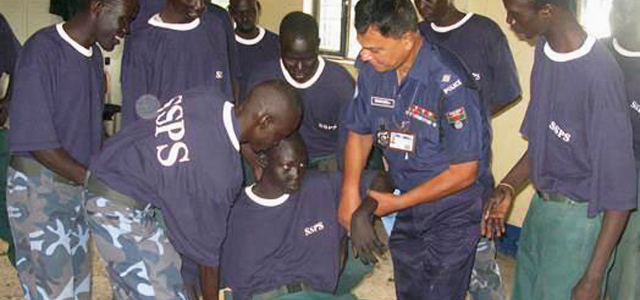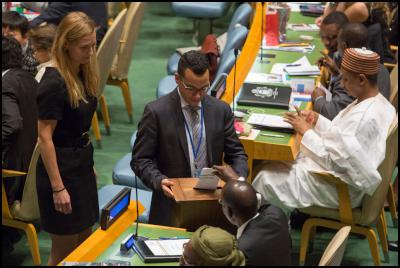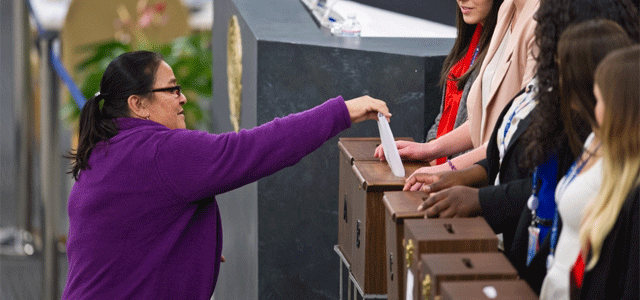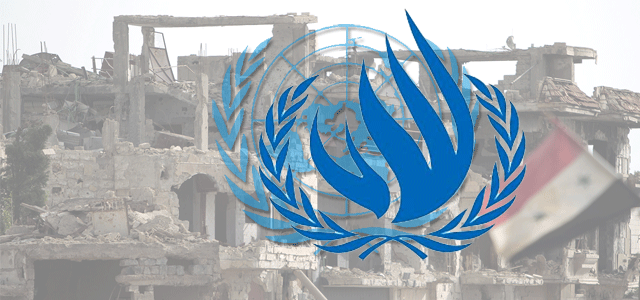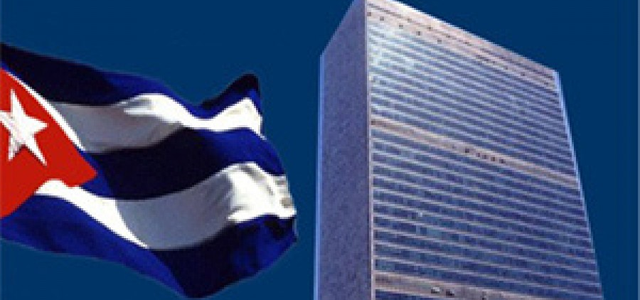With five African states competing for a seat on the Human Rights Council, one aspirant will find itself left on the sidelines come election day on November 12th and one will be joining the Council for the first time.
Algeria, Morocco and South Africa were each founding members of the Council. Namibia and South Sudan, the world’s newest state, are each seeking their first term.
Though it is making rapid progress in becoming party to the major human rights treaties, South Sudan’s brief existence and lack of experience as a voice for protecting human rights may weaken its candidacy, especially given the race’s competitiveness.
“During voting in particular, all member states will take into account what South Sudan has done so far to promote and protect human rights in South Sudan and beyond during its two years of independence. Otherwise failure of tangible achievement in the field of human rights and related matters may unfortunately disqualify South Sudan to secure a seat at such continental competitions. In other words, South Sudan before election date must now voluntarily commit to several urgent and important improvements, including ensuring the South Sudan Human Rights Commission is fully funded and independently operational.”
Namibia is signatory to many international treaties, including the Convention on the Elimination of All Forms of Discrimination Against Women (aka CEDAW) and the International Convention on the Elimination of All Forms of Racial Discrimination. It is also a state party to the International Criminal Court, but remained “coy” on recent AU talks on withdrawal from the Court while appealing for the Security Council to delay trials involving sitting African heads of states.
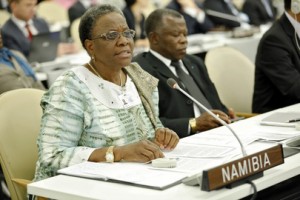
Namibia, as South Africa, has made strides over the past few decades since leaving its apartheid past behind, both in terms of economic growth and human rights. In its note verbale, Namibia states that “Its deep attachment to the importance of fundamental rights and freedoms for all is grounded in its historical experience,” specifically, its years under the apartheid system. It focuses on five areas in its statement: the right to food, education, health, combatting discrimination and gender-based violence, and strengthening the human rights treaty body system.
Amnesty International has asserted that in Namibia, “Human rights defenders, journalists and civil society organizations critical of government and the ruling South West African People’s Organization (SWAPO) party were targeted by government officials and SWAPO supporters,” and also criticizes the country’s prison conditions.
It is not only in Africa that this year’s race has turned into a crowded contest. Asian-Pacific members and the Latin American & Caribbean group are also putting forward a surplus of candidates. With three competitive slates, this year’s contest will be the most competitive in the Council’s initial election, making it one of the more dynamic and interesting races to watch.
As of 3 November, the current roster of candidates and their notes verbale (if available), courtesy of the Council’s website, include:
| African States (4 vacant seats) |
Asia-Pacific States (4 vacant seats) |
Eastern European States (2 vacant seats) |
Latin American & Caribbean States (2 vacant seats) |
Western European & other States (2 vacant seats) |
| Algeria [A/68/153] | China [[A/68/90] | Russia [A/68/155]] | Cuba [A/68/369] | France |
| Morocco [A/68/83] | Jordan | FYR Macedonia [A/68/93] | Mexico [A/68/85] | United Kingdom |
| Namibia [A/68/522] | Maldives [A/68/359] | Uruguay | ||
| South Africa [A/68/391] | Saudi Arabia | |||
| South Sudan | Viet Nam [A/68/312] |

